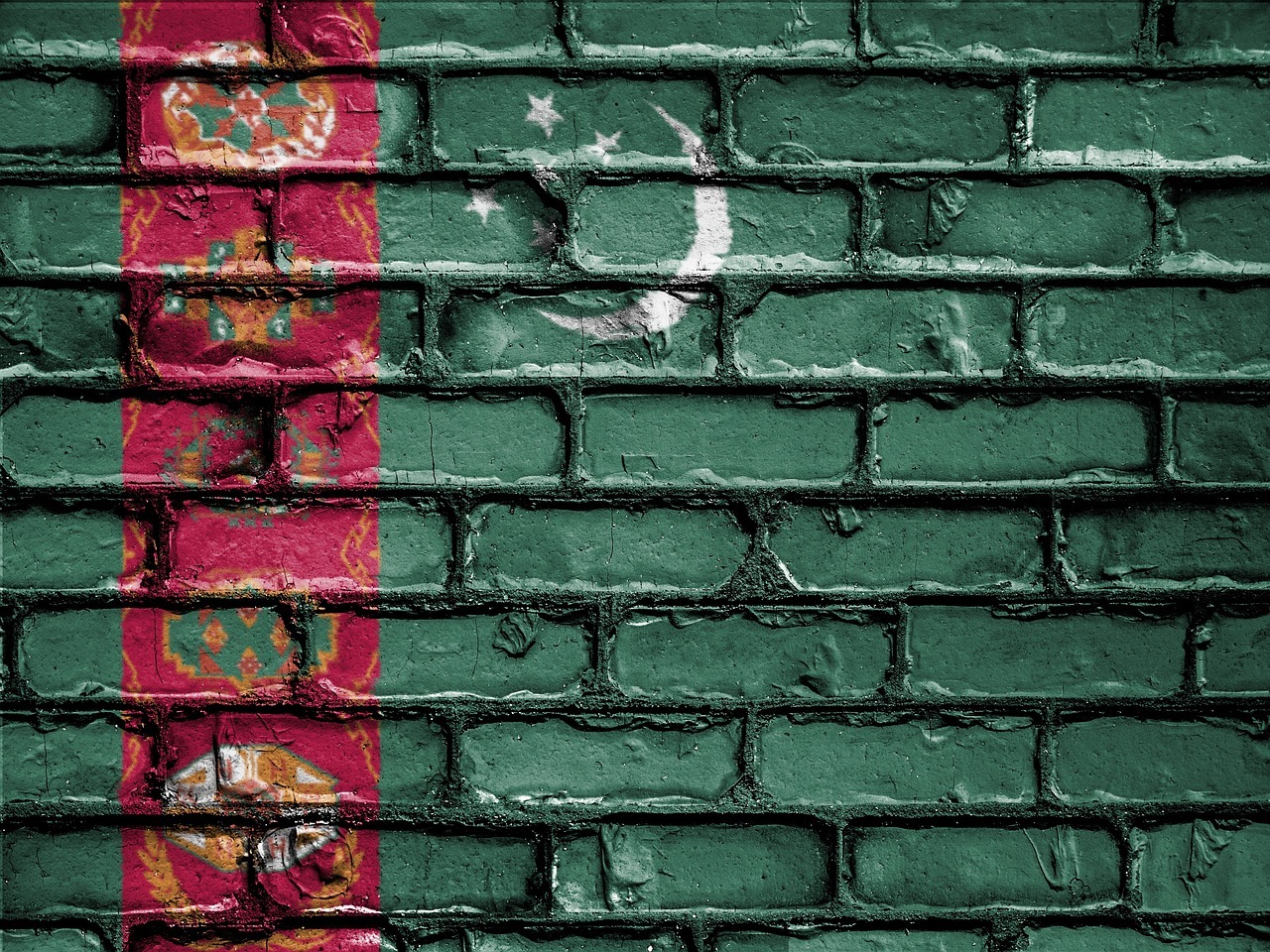The appointment of Turkmenistan’s first Ambassador at Government House in Canberra earlier this year signals an anticipated closer partnership between Australia and the land-locked post-Soviet state in Central Asia. Yet the strengthening of ties between the two nations comes as domestic politics in Turkmenistan settles into a new pattern following last year’s leadership transition that see the Central Asia state now governed by a father and his son.
Australia and Turkmenistan have ‘modest’ relationships, with diplomatic ties being established in May 1992 and economic trade last financial year totaling only US$1.1 million. Australia has no direct representations in Turkmenistan with the Australian Embassy in the Russian Federation holding non-resident accreditation for Turkmenistan. Yet the incoming Turkmen ambassador, Atadurdy Bayramov’s presentation of his credentials to the Governor-General of the Commonwealth of Australia on 15 March this year signals a historic shift in the relationship and the intension to grow this currently modest trade partnership.
The former Soviet state had for 15 years been ruled by Gurbanguly Berdymukhamedov, known as the Protector (Arkadag), who assumed the presidency following the unexpected death of the country’s first leader, Saparmurat Niyazov – known as the Leader of All Turkmens (Turkmenbashy), in February 2007. A dentist by profession, Berdymukhamedov swiftly consolidated power, establishing a personality cult. His popularity was bolstered by viral video clips, rather than with his presidential responsibilities, showcasing activities, such as working out with his Cabinet Ministers, racing cars, singing songs with his nephew, and writing poetry.
In February 2022, after 15 years in office, Berdymukhamedov announced his intention to step aside for a younger generation, prompting a snap presidential election in March 2022. Despite nine candidates contesting the election, it was evident that the president’s 40-year-old son, Serdar Berdymukhamedov, would win. Since 2016, Serdar had rapidly ascended the political ladder, holding positions such as a Member of Parliament (2016-2019), Deputy Governor of Akhal Province (2019-2020), Minister of Industry (2020-2021), and Deputy Chairman of the Cabinet of Ministers (2021-2022).
Unsurprisingly, on 12 March 2022, Serdar Berdymukhamedov won the special presidential election with 73 percent of the vote, marking the formation of the first modern Central Asian political dynasty in a presidential republic. Gurbanguly Berdymukhamedov retained power by amending the Constitution before his resignation, becoming the Chairman of the Halk Maslakhaty (People’s Council), a supreme constitutional authority overseeing all decision-making processes of the country. This established a duumvirate model, with both Berdymukhamedovs governing concurrently and peacefully.
Despite a seamless nepotistic leadership transition, Turkmenistan faces several challenges requiring immediate attention. The government has not officially acknowledged the Coronavirus pandemic or its lingering impacts on the healthcare system, and continues to withhold statistics on deaths, infections, and recoveries. Additionally, the public faces restrictions on financial transactions and economic activities, such as opening small and medium businesses.
Societal issues inherited from the former President include internet censorship, high levels of corruption in the educational systems and lack of academic freedom, and absence of genuine civil society associations or non-governmental organizations. Turkmen citizens abroad encounter difficulties in extending and renewing their international passports due to restrictions on issuing passports abroad.
Two years into his presidency, the bulk of these issues have not been addressed by Serdar Berdymukhamedov. Some small policies have been introduced amidst public outrage, which has culminated in rare public demonstrations. International flights to destinations, such as Dubai (UAE), Kazan and Moscow (Russia), and later to Abu Dabi (UAE), Bangkok (Thailand), Beijing (China), and Kuala Lumpur (Malaysia) have resumed. International passports of Turkmen citizens abroad have been extended via a QR code stamp until December 2024, allowing only residence and travel within the host country.
However, critical areas remain unaddressed. The economy continues to decline, with tightening employment opportunities and restricted labour migration and travel abroad. Gender issues, including women’s rights to bodily autonomy, clothing and freedom of movement, have worsened with new restrictions on driver’s licenses and elective cosmetic surgeries for women. Members of the LGBTQ+ communities in Turkmenistan continue to face discrimination and their lives are endangered.
In terms of foreign relations and trade, Serdar Berdymukhamedov continues his father’s policy of ‘permanent neutrality’ (also known as ‘positive neutrality’) and non-interference. The government avoids formal alliances and refrains from joining regional political or military blocs, such as the Collective Security Organizations (CSTO) and the Shanghai Cooperation Organization (SCO), to which some neighboring Central Asian states are members.
Serdar Berdymukhamedov has completed significant diplomatic missions to Russia and China emphasizing economic and energy partnerships, while exploring more opportunities with the Turkic world through the Organization of Turkic States. Amidst the political instability in the region, Turkmenistan balances its relationships with Russia, Ukraine, and Afghanistan, maintaining a neutral stance and providing humanitarian aid to the later.
So, while Australia may believe that strengthening ties between the two nations will occur under the reign of a youthful and popular president, the nepotistic reality of Turkmenistan’s leadership change means that Turkmenistan’s economic and foreign policies will remain largely unchanged.




